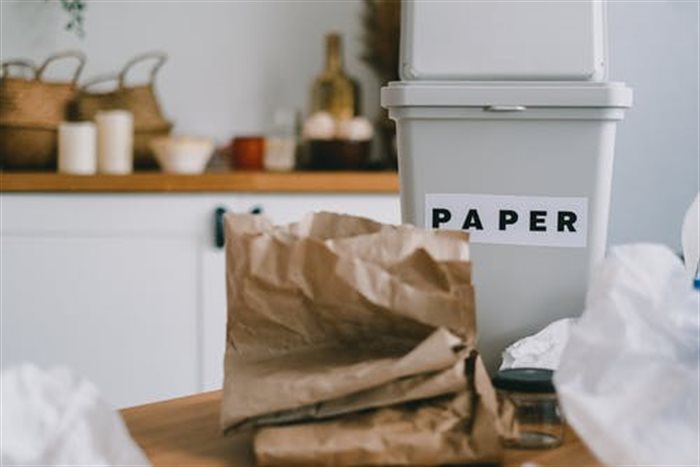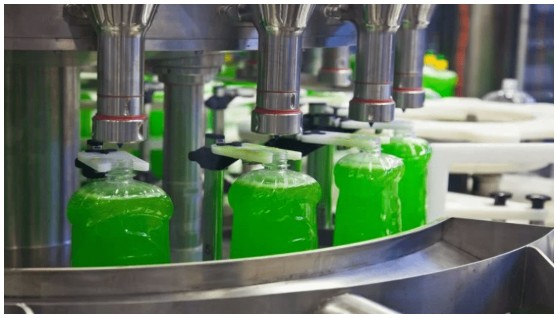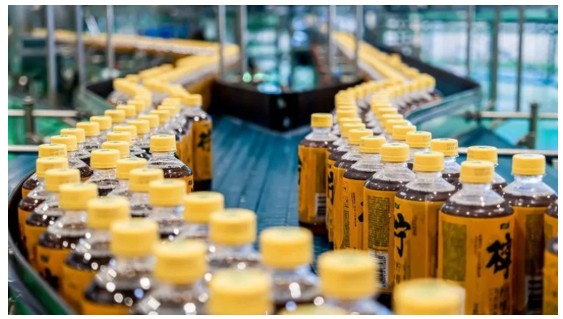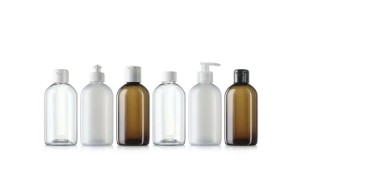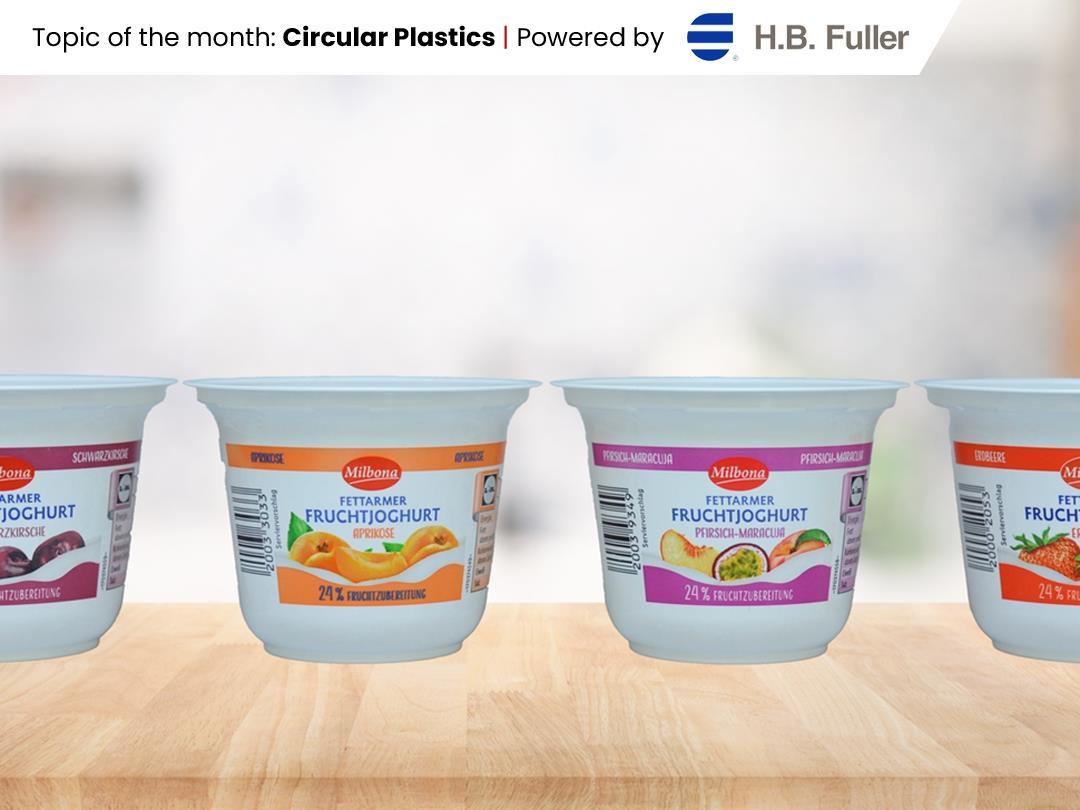It is estimated that only 6.1% of metropolitan households in South Africa actively participate in recycling. However, even the most environmentally conscientious people make recycling mistakes. You might even think your home is paperless, so you don’t need to recycle.
Have you considered the sturdy cardboard box and its moulded protective layers that housed your new TV during transit? Or the box from your latest online shopping haul? Cereal boxes? Milk cartons? What about the loo roll core? All of these are recyclable in South Africa.
Fibre Circle, the producer responsibility organisation for the South African paper and paper packaging sector, outlines some of the more common recycling mistakes, with some helpful tips to ensure that paper and cardboard get to where they need to be: to recycling companies in a good, clean state so they can be reprocessed and made into new paper products:
Mistake 1: Putting non-recyclable paper products into the recycling bin
Even though they are made of paper, several items are not suitable for recycling due to food contamination or elements such waxes, foils, laminates, and glues. These products should not be put in your paper recycling bin.
Fix it by putting up printable educational posters near recycling bins, so everyone knows what can and can’t be recycled.
Paper items such as magazines, brochures, newspapers, office and shredded paper, envelopes
Cardboard boxes of any kind, paper gift wrap as well as milk, beverage and food cartons are recyclable.
Wet or dirty paper and cardboard, used paper plates, disposable nappies, toilet paper, wax-coated, foil-lined or laminated boxes, cement and dog food bags as well as foil gift wrapping are not suitable for recycling.
Mistake 2: Food contamination
When wet waste – food waste, cigarette butts and soiled take-away containers – ends up in the paper recycling bin, this contaminates the paper and reduces its value. Paper also starts to degrade and reduces the strength of the fibres.
Fix it by using a two-bin system – place receptacles for recycling next to bins for food and non-recyclable waste – and chat to your family and domestic helpers about your waste separation system.
Mistake 3: Making it difficult and time-consuming for family members to recycle
We are all human. Nobody likes to walk too far to throw something away.
Fix it by placing recycling receptacles in key locations such as in the kitchen, bathroom, bedrooms, office, near the front door or in the garage.
Mistake 4: Not knowing what to do with your recyclables
Your family has collected all this paper (and other recycling) and after a while, it all ends up in the general rubbish.
Fix it by keeping recycled paper in a sheltered area to keep it clean and dry. Chat to a local small business owner about their recycling collection programme or an informal collector about the recycling he or she collects. You can also look for a local school or charity’s recycling fundraising initiative to assist with your recyclables.
Source:

